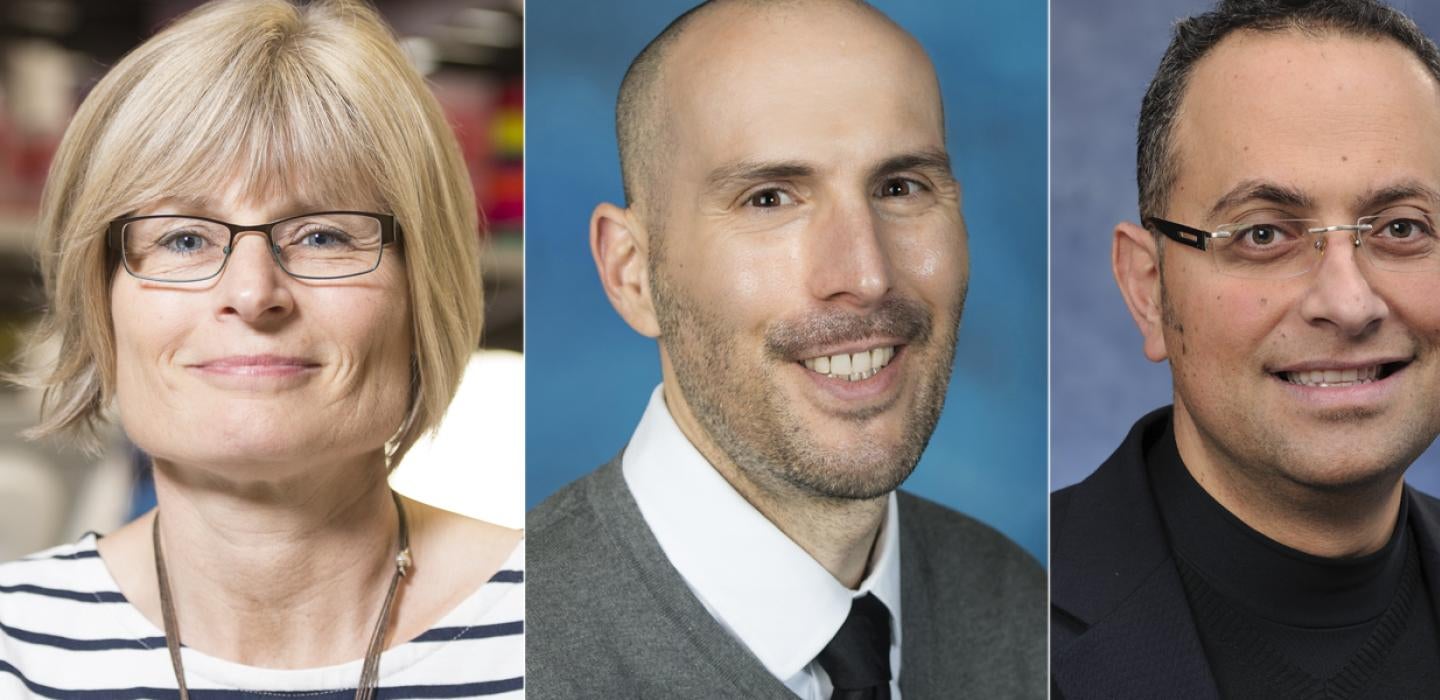
Subscribe to Pittwire Today
Get the most interesting and important stories from the University of Pittsburgh.Pitt professors of psychology Anna Marsland and Peter Gianaros have received a five-year Research Project Grant from the National Institutes of Health to revisit decade-old data from Pittsburgh residents. They’re trying to understand what aspects of health and the social environment matter for brain aging among middle-aged people. The work is part of a larger project that was initiated by Stephen Manuck, distinguished University professor of health psychology and behavioral medicine, called the Adult Health and Behavior Project.
Now, Marsland and Gianaros are teaming up with associate professor of bioengineering and radiology Tamer Ibrahim, director of the Radiofrequency (RF) Research Facility, to bring as many of the initial participants back into the lab for testing as possible, 10 and 15 years after they were originally seen.
The unique imaging technology developed in the RF Research Facility will let Marsland and Gianaros use an unconventional form of magnetic resonance imaging (MRI) to look at the brain in a level of detail that ordinary MRI techniques can’t achieve. With this new level of detail, the psychology-engineering team can link current features of brain health to prior information about inflammation, heart health and many other factors that influence memory, thinking, attention and other phenomena sensitive to aging.
Being able to predict brain aging starting in midlife could be critically important for prevention and intervention — helping reduce health disparities that follow a social and economic gradient, said Marsland. “We’re trying to encourage participants to stay involved.”
Said Gianaros: “It’s important for us to show them how much we care about them and how important they are. If we see them one time, that’s great; they’ve made a contribution to science. But our interest is really more dynamic in how people change in their life. A snapshot is not the same thing as a movie.”


